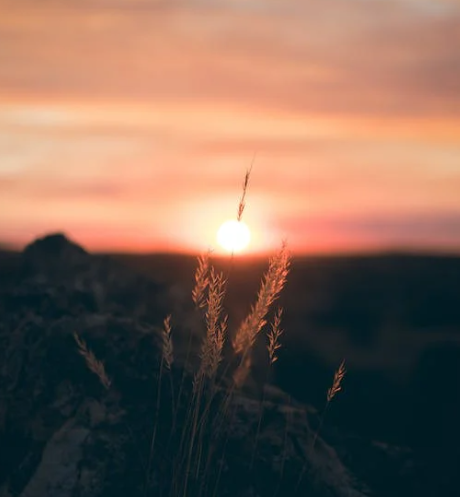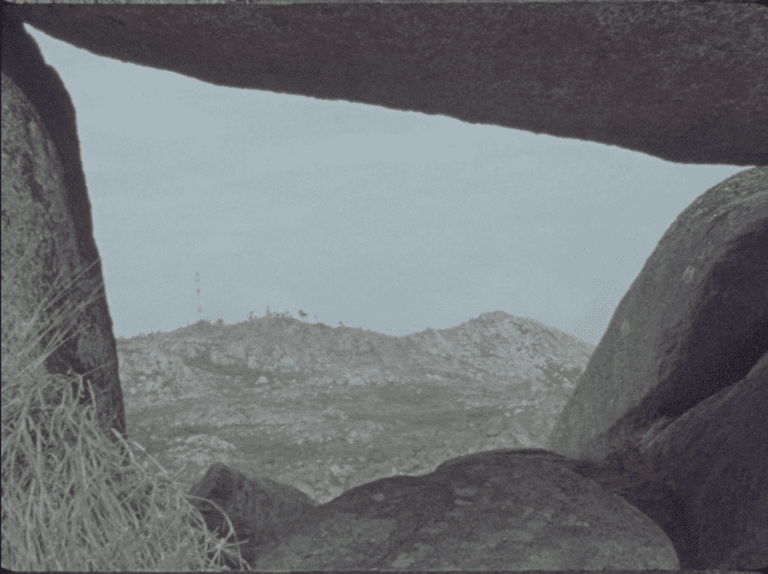Long Line of Ladies: Celebrating Women in Karuk Culture
Sitting in my 6th grade Social Studies class, I unexpectedly felt an unusual moisture that I knew I couldn’t mention to anyone. I had a feeling, “it must be my time,” a dreadful uneasy feeling. I meekly asked the teacher to be excused, knowing that HE could say no and I might be forced to explain the urgency. Thankfully, that day he didn’t give me a hard time and simply said yes. I got up, forcing myself to maintain my composure, and got myself to the nearest restroom. Quite upsettingly, I saw that it was what I feared. I had gotten my first period!
Although, I knew what was happening to me and I knew to wad up tissue until I could get proper pads, I can’t say I recall anyone ever really talking to me about the changes going on in my body nor was I really prepared for them. I was horrified and all I could think about the entire day was “please don’t let me have an accident.” I had seen how other girls were mercilessly teased for bleeding onto their clothes and I couldn’t think of anything worse happening to me.
Now, imagine if I had been raised in a world where girls were not only prepared for this change. They anticipated it because it would come with a beautiful celebration of womanhood, a celebration that would honor them and one where their entire community would be involved in.
Long Line of Ladies gives us a window into the life of Ahty, as she prepares for her Ihuk ceremony, a tradition practiced amongst Karuk women in their ancestral territory along the Klamath and Salmon River of Northern California. After not practicing for over 80 years, the Ihuk flower dance was revived in 1996 by a dedicated group of Karuk ceremonial families.
About “Long Line of Ladies”
“Long Line of Ladies” is a stigma-breaking, female-directed short documentary that gives viewers a glimpse into the story of Ahty and the Karuk ceremony of Northern California. The documentary takes a significant step forward to normalize period conversations across genders by highlighting a culture that celebrates and uplifts its young women when they come of age. “Long Line of Ladies” opens the door for more young girls and women to feel seen, respected, and included. The short film also amplifies the voices of supportive fathers, uncles, and grandfathers, who aren’t often seen speaking openly about menstruation in society, further breaking stigma across generations. Imagine if all cultures rallied around their young women to feel proud and empowered at this critical juncture in their development – we’d all be unstoppable!

I felt LOVE throughout the film. Unlike any love I’ve known here. Protection. Caring. Sharing. Beauty. Life. I just wanted to be a part of that…all of it.
~Diane Griffin Jackson, Founder of V.O.C.E.
Meet the Directors:

Rayka Zehtabchi is a director and producer working in both documentary and fiction. In 2019, Rayka became the first Iranian woman to win an Oscar for her film “Period. End of Sentence.,” which can be seen on Netflix worldwide. She brings a naturalistic approach to her storytelling in all her projects, striving for honesty and intimacy on screen.

Shaandiin Tome is a recognized writer, director, and cinematographer from Albuquerque, New Mexico. Her award-winning break-out short film “Mud (Hashtł’ishnii)” premiered at the Sundance Film Festival in 2018. She aims to bring resonating imagery in a blend of convergence with story, illustrating her perspective as a Diné woman.
Why We Must Learn From The Karuk
The stigmas and shame associated with restorations is sadly nearly a universal norm. According to UNFPA, “Menstrual stigmas also affect how women and girls are able to manage their health and hygiene. Some cultures prohibit women and girls from touching or washing their genitals during menstruation, possibly contributing to infections. In some parts of Afghanistan, it is even believed that washing the body during menstruation can lead to infertility. In other places, women and girls are fearful that their bodies could pollute water sources or toilets. “
As we discuss in our interview above, living with menstrual stigma can not only negatively impact a woman’s self-esteem, it can also have detrimental impacts on a woman’s physical health and even negative environmental impacts. “In some places, women burn menstrual pads to avoid cursing animals or nature. In other places, burning menstrual products is believed to cause infertility. Some communities believe menstrual products should be buried to avoid attracting evil spirits. Others believe improper disposal of these products can cause a girl to menstruate continuously for life.”
Additionally, “Many communities believe menstruating women and girls cannot eat certain foods, such as sour or cold foods, or those prone to spoilage. In fact, there are no medically recommended restrictions on the kinds of food menstruating people can or should eat, and dietary restrictions can actually put them at risk by limiting their nutrient intake.”
Imagine if we lived in a world where none of these issues existed. Imagine if we lived in world where girls everywhere could, like Ahty, anticipate their transition to womanhood as a positive source of pride and identity. It’s vital that we recognize that menstrual stigma is not just a woman’s issue, it is a human issue. This film is a great testament to the power of embracing the beauty of menstruation for what it truly means, renewal, creation, and connection.
Take the interview with you by listening to the podcast!
Discover more from DG Speaks
Subscribe to get the latest posts sent to your email.









